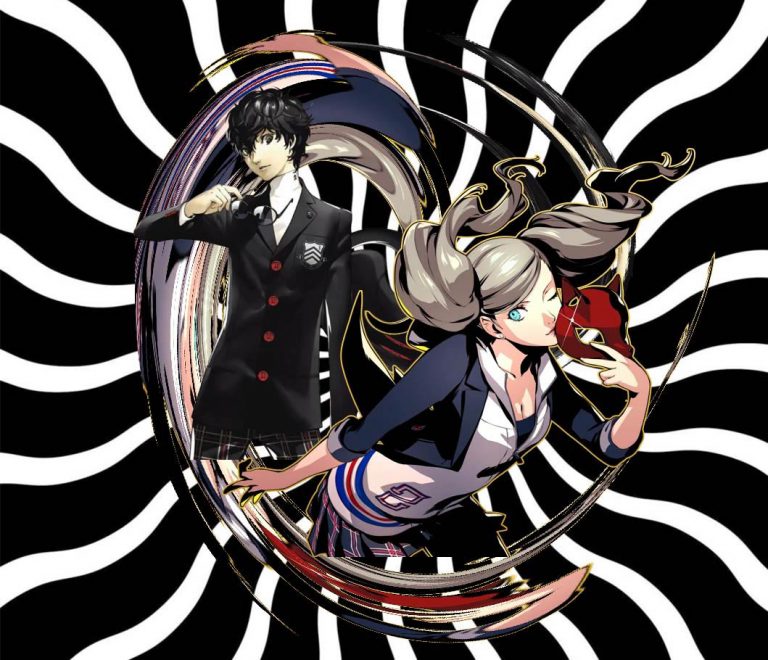The idea of objective criticism emerges often in the gaming community. It is inevitable that a player will come across some version of “Oh, you like that game? It has a really bad score on IGN/Metacritic/other game ranking site”.
The fact that we let works of art—that will speak to people differently—be viewed as if quality can be discerned objectively, harms the industry in many ways.
I’ll admit something that may get me some flack. Persona 5, one of the most acclaimed games in recent memory, if not of all time, is one of my least favourite games ever. Obviously, this isn’t anything worth noting in a vacuum, but then you look online for reviews and ratings.
Persona 5 has constant near perfect scores, with many people saying it’s one of their favourite games, if not their favourite game of all time—and yet here I am, saying I hate it.
To use another example, I found 2018’s God of War to be a very average game, despite online reviewers giving it similar praise to Persona 5.
I adore Sonic Heroes, despite critics being quite lukewarm, if not flat-out negative, on it. Persona 4 is a game that means a lot to me, even if more and more sections of the internet I encounter seem to have serious issues with it—which is completely valid, but that’s a different discussion.
This is a very bloated way of saying that taste differs for each person.
What I want in a game won’t be the same as what every other person on the planet wants, and that’s something objective criticism seems to ignore.
We’re all too eager to assume a number given by a website is a concrete sign of a game’s worth, despite the severely shaky foundation of that thought process.
The more prevalent this thought process becomes, the more it ruins plenty of things about games.
The more that people are willing to buy into a game based on a number they see, the more that companies are dissuaded from taking risks.
More often than not, we see big budget games focus on graphics and implementing topical gameplay quirks in order to make profit instead of focusing on creating with genuine passion.
This isn’t helped by how most critic websites, like IGN and Metacritic, operate. Since that number is the first thing you see, even before the review from whoever played it, it devalues the review in the process by making that numbered score seem like the takeaway.
This, paired with the insane time crunch game reviews are forced under, make their reviews more focused on ticking off a box for a paycheck and reviewing many different types of games, instead of finding ones that click with them and being passionate about them.
Not only does this ruin the creativity of bigger games, it also ruins the chance for niche or indie games to break out into more mainstream audiences. Games like Hades and Celeste are such success stories because indie games aren’t able to work with a massive budget and thus need to be very careful with what they choose to use their budget on.
This generally means they need to stick to a niche target audience, since they’re not made to pander to a large audience for the sake of generating profit like big budget games.
It’s really easy to picture countless gamers turning away from a niche game because of middling scores, even if they would have loved that game.
There are plenty of examples of this, niche or not. Games like the original NieR, Pathologic, AI:The Somnium Files and other experimental works, aren’t rewarded with trying to see what games are capable of—and this isn’t a responsible thing for us to do. Stifling the growth of games isn’t something to which this culture should aspire.
These games take some serious artistic risks. NieR requires replaying the narrative to get the full picture, Pathologic literally tortures the in-game character in order to make them see a perspective they may never think about otherwise and AI:The Somnium Files has an inherently niche form of storytelling.
Instead of rewarding these games that are pushing the limits of what games can do, we seem to be dissuading game developers from taking risks, meaning we’re less likely to see games evolve.
Once again, these games are absolutely not for everyone, and that’s not a bad thing whatsoever. But it’s precisely that reason that these games are given such relatively low scores, or aren’t noticed by mainstream critics and rating websites.
Someone seeing a game as a masterpiece and someone else finding it middling will lead to a general opinion that the game is nothing exceptional, which clearly doesn’t make sense.
There are so many different reasons people will vibe with a game where others won’t.
Some may want to just chill out to some streamlined gameplay; some may want an immersive world to delve into; some may want a rich story that talks about important things; and some may want a game that focuses on system mastery and tight, skill focused gameplay—and all of that is valid!
Certain elements of gameplay and design will just click with some people more than others, and the fact that we’ve cultivated a culture that doesn’t acknowledge this fact is harming both the industry and the players.

